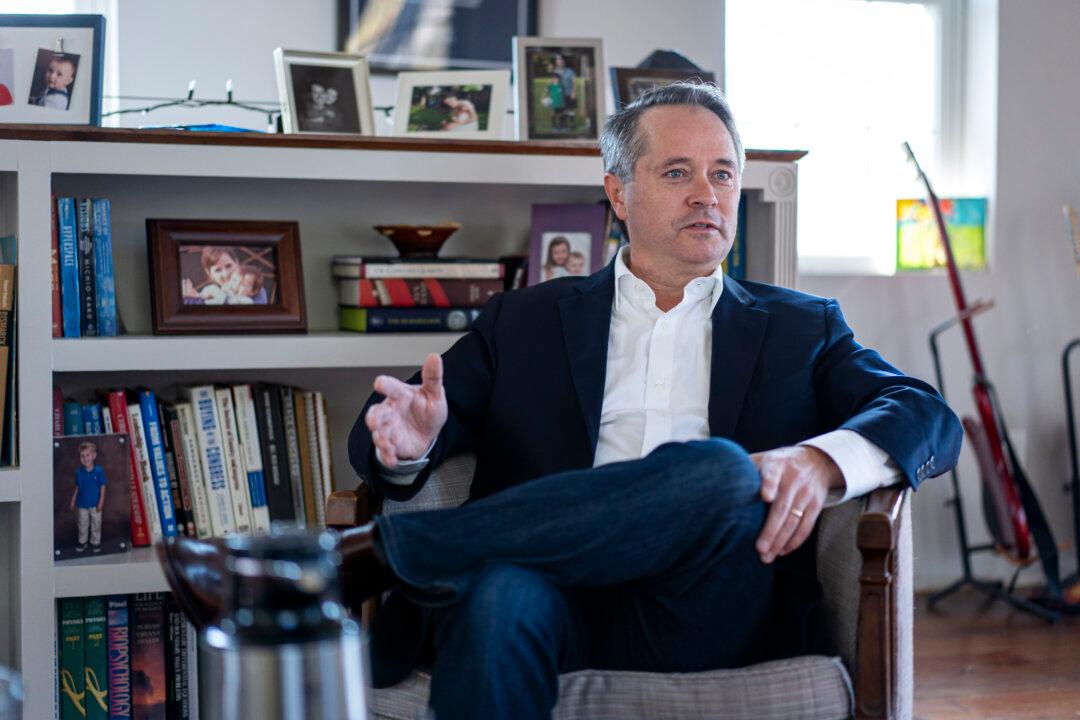Thomas Jefferson was alive when the majestic black walnut tree in John Hart’s front yard sprouted in rural Maryland, but the Kansas native’s road from young congressional aide to leading a government watchdog group wasn’t nearly so long.
Today, Hart, 51, officially takes over as chief executive officer of Open the Books (OTB), the nonprofit watchdog with the biggest and most detailed database of government spending in the world.





